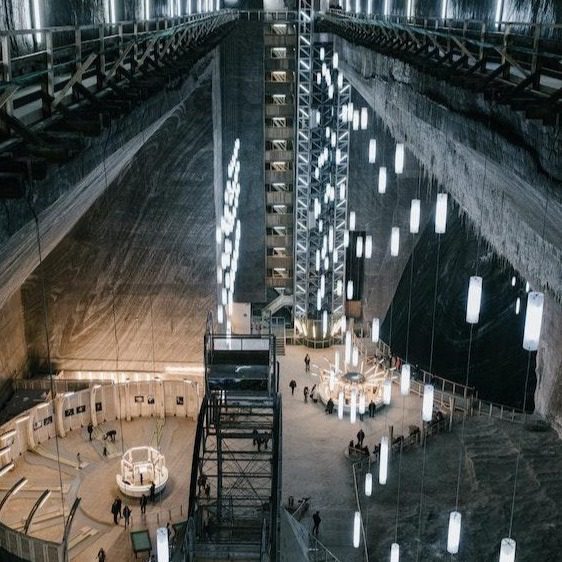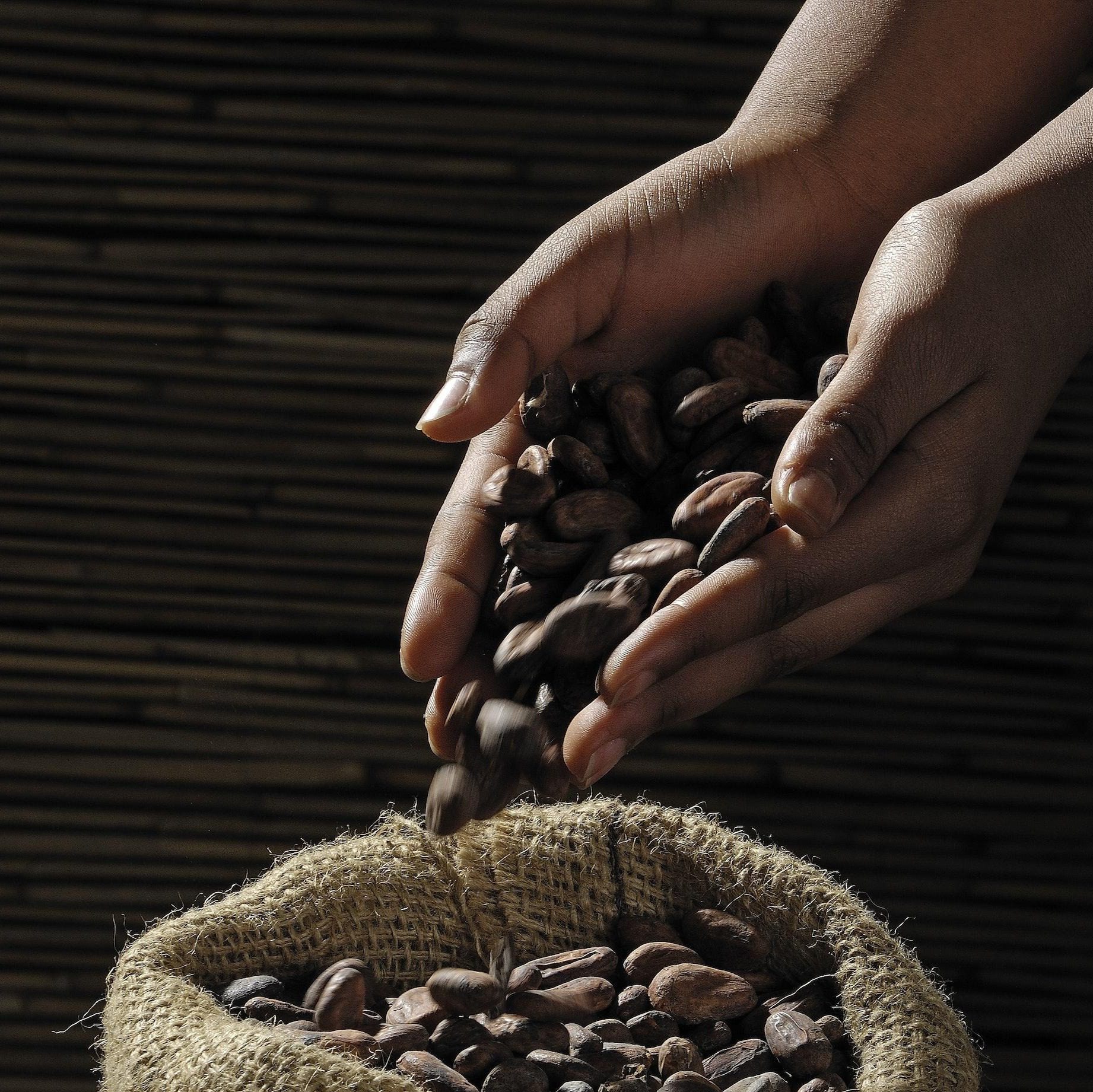OIL BID ROUND PROGRESSING AS PLANNED, SAYS NUPRC
The Nigerian Upstream Petroleum Regulatory Commission has said the 2024 oil bid is progressing according to plan. The NUPRC Chief Executive, Gbenga Komolafe, who spoke briefly to our correspondent after an event in Lagos recently, said the exercise was progressing smoothly. Komolafe told The PUNCH that the bid round was progressing in line with the schedule the commission made available. The commission’s chief executive, who expressed happiness over the bid round, emphasised that it was progressing smoothly. “My response to that is that the bid round is progressing in line with the schedule that we had made available. So, it’s progressing smoothly. Yes, and we’re happy with that,” Komolafe replied tersely when asked to give updates on the bid round. The PUNCH reports that data access/data purchase/evaluation/bid preparation and submission for the bid round started on July 8, 2024, and would close on November 29, 2024. During the pre-bid conference held recently in Lagos, it was announced that President Bola Tinubu had reduced the signature bonus payable by successful bidders from around $200m to $10m. According to Komolafe, the NUPRC surveyed what other countries like Brazil demand as signature bonuses from would-be investors and discovered the need to slash that of Nigeria. Komolafe maintained that a heavy signature bonus is a front entry barrier in the Nigerian oil sector, saying it is why many have not been able to develop assets awarded to them. Henceforth, the NUPRC disclosed that an investment in deepwater will attract $10m as a signature bonus, while shallow water and onshore will attract $7m.

CBN APPROVES FOREX SALES TO BDCS AT N1,590/$
The Central Bank of Nigeria has announced its decision to sell foreign exchange worth $20,000 to eligible Bureau De Change operator across the country. This was disclosed by the apex bank in a statement signed by the Acting Director of Trade and Exchange Department, Dr W. J Kanya, on Wednesday. It said the sales will help operators meet retail market demand for eligible invisible transactions. The latest intervention of the central bank comes hours after the Nigerian naira dropped in value against the dollar to N1,658.48 in the Nigerian Autonomous Foreign Exchange on Tuesday. At the parallel market, bureau de change operators sold at the rate of 1670/dollar. The statement read, “This is to inform the Bureau De Change Operators and the general public that the CBN will be providing additional liquidity to this segment of the foreign exchange market. “To this end, the CBN has approved the sale of US$20,000.00 to each eligible BDC at the rate of N1,590/$. This is to meet the demand for invisible transactions.” The CBN, however, warned that operators must not sell above one percent of the purchase rate. This means that the BDCs cannot make more than N15.59 profit on each dollar they sell to their customers. This measure is expected to meet the demand for invisible transactions and curb the widening exchange rate premium observed in the parallel market. “All BDCs are allowed to sell to eligible end-users at a margin of NOT MORE THAN one percent above the purchase rate from CBN. “Eligible BDCs interested in this transaction are directed to make the Naira payment to the CBN Deposit Account Numbers with them. “Also, payment confirmation and all necessary documentation for disbursement are to be submitted at the appropriate CBN branches (Abuja, Awka, Kano, and Lagos) for collection of the $20,000.00. Please be guided accordingly,” the statement concluded.
NAIRA DECLINES BY 8.2% AMID DOLLAR SHORTAGE
Nigeria’s naira has continued its downward slide, falling to a new low of N1,677 per dollar at the official close on Wednesday, according to data from FMDQ compiled by Bloomberg. This represents a decline of 8.2 per cent since the end of last week, as the local currency faces an ongoing scarcity of US dollars and dwindling foreign capital inflows into the country. Despite a 50 basis point interest rate increase by the Central Bank of Nigeria on Tuesday, raising the benchmark rate to 27.25 per cent, the naira failed to strengthen. The rate hike was part of the CBN’s efforts to combat inflation, which is hovering near a three-decade high, but the local currency has remained under pressure due to low dollar inflows, Bloomberg reported. “At one point, we saw significant foreign portfolio investment flows into the market, but that has slowed down considerably. “If the economy can generate more dollars from both the oil and non-oil sectors, it will increase investor confidence and inflows, helping to stabilise the naira,” said Stanbic IBTC Bank Plc’s Muyiwa Oni. In addition, Nigeria, Africa’s largest oil producer, has struggled to meet its OPEC oil production targets due to years of underinvestment in the industry. The country earns the bulk of its foreign currency from crude oil exports but also spends billions importing refined petroleum and subsidising domestic fuel prices. In 2022 alone, fuel subsidies cost the Nigerian government $10bn. According to Bloomberg, there is some hope on the horizon, as the new Dangote Refinery near Lagos has recently started producing gasoline, which could reduce the need for imported fuel.

NGX RECORDED N3.48TN TRANSACTIONS IN EIGHT MONTHS – REPORT
The Nigerian Exchange Limited has recorded total transactions of N3.48tn year-to-date as of August 31. This was revealed in the NGX domestic and foreign portfolio investment report for August released on Wednesday. According to the report, domestic investors dominated the market, accounting for 81.14 per cent of total transactions, while foreign investors accounted for 18.86 per cent. It stated that the total value of domestic transactions stood at N2.82tn, while foreign transactions amounted to N655.47bn. In August, the local bourse witnessed a 22.80 per cent decline in total transactions, dropping from N491.61bn in July 2024 to N379.52bn. Despite the drop, a year-on-year comparison shows a 44.55 per cent increase in total transactions compared to N262.56bn recorded in August 2023. Further analysis shows that domestic transactions for August totalled N322.05bn, which is a 25.81 per cent decrease from N434.09bn recorded in July. Foreign transactions saw a marginal drop of 0.09 per cent from N57.52bn in July to N57.47bn in August.Retail investors led domestic transactions in August, accounting for N180.72bn, although the figure represents a 33.54 per cent decrease from N271.92bn recorded in July 2024. Institutional investors accounted for N141.33bn in August, a 12.85 per cent decrease from N162.17bn in July. Over 17 years, domestic transactions have seen a 10.94 per cent decline, dropping from N3.56tn in 2007 to N3.17tn in 2023.
CBN EXTENDS CASH DEPOSIT FEE SUSPENSION TO MARCH 31
The Central Bank of Nigeria has extended the suspension of cash deposit processing fees until March 31, 2025, from the previous September 30, 2024, deadline. The CBN disclosed this in a letter to banks and other financial institutions in the country signed by its Director of Banking Supervision, Adetona Adedeji, on Friday in Abuja. It also directed the suspension of cash deposits exceeding N500,000 for individuals and N3m for corporate accounts. Recall that the CBN had in May, announced the suspension of cash deposit processing fees till September 30. The extension was to ensure that depositors would not incur additional costs when making substantial cash deposits. Prior to this directive, the processing fee for individual accounts was two per cent of the amount, while that of corporate accounts was three per cent of the amount. The letter reads, “Further to our letter dated May 6, 2024, referenced BSD/DIR/PUB/LAB/016/023, the Central Bank of Nigeria hereby extends the suspension of processing charges on cash deposits above N500,000 for individuals and N3,000,000 for corporates. The previous suspension, set to expire on September 30, 2024, has now been extended until March 31, 2025.” “This suspension pertains to the two per cent and three per cent fees outlined in the ‘Guide to Charges by banks, other financial institutions and non-bank financial institutions,’ issued on December 20, 2019.” The apex bank stated that all financial institutions under its regulation were required to continue accepting cash deposits from the public without any charges during the specified period. In 2019, the CBN announced plans to start charging bank customers for cash deposits and withdrawals beginning September 19, 2019. In a publicly released circular, the apex bank explained that the new transaction fees policy was aimed at reducing the amount of cash in circulation and enhancing the collection of government revenues.

- CAPITALDIGEST MARKET REVIEW, 09/02/2026February 9, 2026
- CAPITALDIGEST DAILYNEWS, 09/02/2026February 9, 2026
- CAPITALDIGEST MARKET REVIEW, 02/02/2026February 2, 2026
Enter your email address for receiving valuable newsletters.
- CAPITALDIGEST MARKET REVIEW, 09/02/2026U.S. DOLLAR REBOUND TO BE CUT SHORT BY RATE CUT BETS, DOUBTS OVER FED INDEPENDENCE:...February 9, 2026
- CAPITALDIGEST DAILYNEWS, 09/02/2026TAXES, FUEL HIKE SLOW BUSINESS GROWTH IN JANUARY – NESG REPORT The report showed that...February 9, 2026
- CAPITALDIGEST MARKET REVIEW, 02/02/2026DOLLAR WEAKENS ACROSS THE BOARD AS YEN CLIMBS ON INTERVENTION RISK The dollar moved sharply...February 2, 2026












